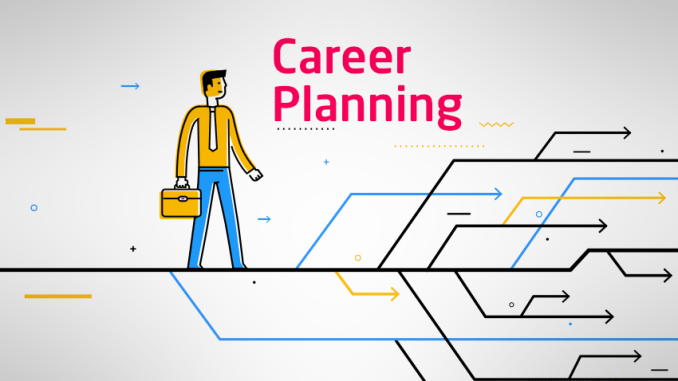
In today’s rapidly evolving job market, it has become increasingly important for students to have a clear understanding of their career options and the skills needed to succeed. While high school and college are often seen as the primary stages for career preparation, studies have shown that starting early in middle school can greatly benefit students’ future success.
Middle school is a pivotal time in a student’s educational journey, where they begin to develop their interests, passions, and strengths. It is also during these formative years that they start making decisions about their academic path and potential career choices. By introducing them to career-focused education at this stage, we empower our young learners with the knowledge and skills necessary to navigate an ever-changing professional landscape.
In this blog post, we will delve into the importance of career exploration in middle school and highlight its many benefits. We will also discuss how adopting a holistic approach can better prepare students for college and careers. Additionally, we will explore community engagement initiatives that enhance career readiness and establish high-quality pathways leading to good jobs. We will touch upon ensuring accountability within career-focused education programs.
Join us on this insightful journey as we examine how investing in career-focused education during middle school can help shape brighter futures for our youth while equipping them with essential skills for tomorrow’s workforce!
The Importance of Career Exploration in Middle School
H2: Middle school is a critical period where students begin to develop their sense of self and explore various academic interests. It is during this time that introducing career exploration becomes vital, as it helps young learners gain insight into the world of work and potential future pathways.
By exposing students to different careers at an early age, we open doors for them to discover their passions and foster a sense of purpose. Rather than treating middle school solely as a preparatory phase for high school or college, career exploration encourages students to see the bigger picture – how their education connects with real-life applications.
Moreover, career exploration can help combat the common issue of disengagement among adolescents. By providing them with opportunities to explore diverse occupations firsthand through field trips or guest speakers, we can ignite curiosity and motivation within each student. This engagement translates into increased academic achievement as they understand the relevance of what they are learning.
Additionally, early exposure to different careers allows students to make informed decisions about their educational paths moving forward. By exploring various fields and understanding the skills required in each one, they become better equipped when choosing high school courses or extracurricular activities that align with their interests.
Furthermore, career exploration promotes essential life skills such as goal-setting, decision-making, and problem-solving. As students navigate through informational interviews or job-shadowing experiences, they learn how these skills directly contribute to success in any profession.
Integrating career exploration into middle school curriculum serves as a foundation for personal growth and empowers young learners by expanding their horizons beyond traditional subjects like math or English. By exposing them early on to potential careers relevant in today’s society while fostering crucial life skills development – we set our youth on a trajectory towards fulfilling futures aligned with both passion and practicality.
Benefits of Early Career Preparation
Early career preparation in middle school can have numerous benefits for students as they navigate their educational journey and prepare for the future. By introducing career exploration at a young age, students gain valuable insights into various industries and professions, allowing them to make informed decisions about their academic paths.
One major benefit of early career preparation is that it helps students develop a sense of direction and purpose. When students are exposed to different careers through guest speakers, field trips, or hands-on activities, they can start envisioning their own futures. This early exposure allows them to explore potential interests and passions before committing to specific courses or programs later on.
Furthermore, early career preparation fosters the development of essential skills needed in the workforce. As students engage in project-based learning experiences related to different professions, they have opportunities to enhance critical thinking, problem-solving, communication, and collaboration skills – all crucial for success in any career path.
Another advantage is that early career preparation promotes self-awareness by encouraging students to reflect on their strengths and interests. Through assessments or guidance from counselors or mentors, students can identify areas where they excel or feel passionate about. This self-reflection enables them to align their goals with suitable educational pathways that will lead them towards fulfilling careers.
Additionally, starting career exploration early creates a seamless transition from middle school to high school and beyond. Students who have already begun exploring possible careers are more likely to select appropriate electives or specialized programs during high school years that align with their interests. They may also be better equipped when making important decisions such as college majors or vocational training options.